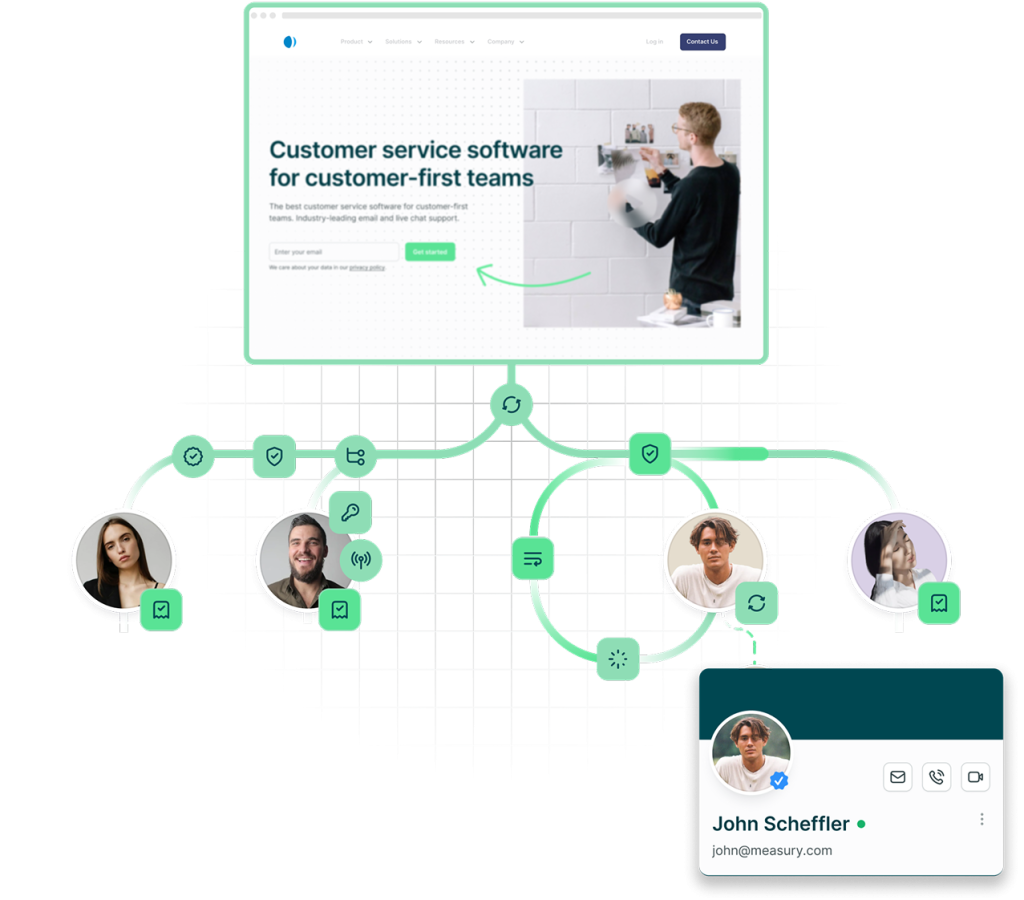Companies using JNDI by Oracle Corporation in 2025
As of 2025, 352 verified companies use JNDI – across industries, company sizes, and geographies. This is real, verified data. Whether you’re looking to analyze the market, build a target list, or get a sales edge – this is your starting point.
What is JNDI by Oracle Corporation?
JNDI by Oracle is a Java API that allows Java software clients to discover and look up data and objects via a name. It’s commonly used in software development and IT departments where directory services or naming conventions are essential for application configuration and resource management.
Last updated date
Number of Companies using
352
The majority are based in the
United States
Most common industry?
Finance
JNDI’s sample user list in 2025
We have data on 352 companies that use JNDI. Our JNDI customers list is available for download and comes enriched with vital company specifics, including industry classification, organizational size, geographical location, funding rounds, and revenue figures, among others.
Get a Free Sample of Companies that use JNDI
We’ll send you a personalized preview of companies using JNDI—tailored to your ideal customer profile. No fluff. Just verified data. And a chance to turn tech signals into pipeline.
JNDI users and customers by country
2.6K Companies
2.6K Companies
2.6K Companies
2.6K Companies
Where JNDI Shows Up Most
JNDI is used across a wide range of sectors:
Finance
Manufacturing
Insurance
Banking
Retail
From lean startups to global enterprises, JNDI’s footprint is wide, and that means opportunity.

Tech Stack Database
How It Works
It’s everything you wish outbound was—automated, precise, and scalable.
- Landbase finds and qualifies your ideal prospect data automatically
- Landbase deploys specialized AI agents to generate and run high-converting campaigns
- Landbase executes across all channels, handling all the technical complexity behind the scenes.
- Your pipeline fills up. You get to focus on strategy, not busywork.
Trusted by High-Performing GTM Teams
Join the teams using Landbase to:
- Eliminate manual prospecting
- Fill pipeline faster
- Win against competitors
- Built for SDRs, AEs, RevOps, and GTM Leaders
- Powered by AI. Delivered with Speed
FAQs
Contact UsHow current is this data?
This data is updated on August 17, 2025
What is JNDI?
JNDI (Java Naming and Directory Interface) is a Java API that allows Java software clients to discover and look up data and objects via a name. It is developed by Oracle Corporation.
How many companies are using JNDI in 2025?
As of 2025, there are 352 verified companies using JNDI.
Which industries are most commonly using JNDI?
JNDI is most commonly used in the Finance industry, followed by Manufacturing, Insurance, Banking, and Retail.
Which country has the highest number of companies using JNDI?
The United States has the highest number of companies using JNDI.
Can I get a list of companies using JNDI?
Yes, a customer list of companies using JNDI is available for download, enriched with company specifics like industry, size, location, funding, and revenue.
